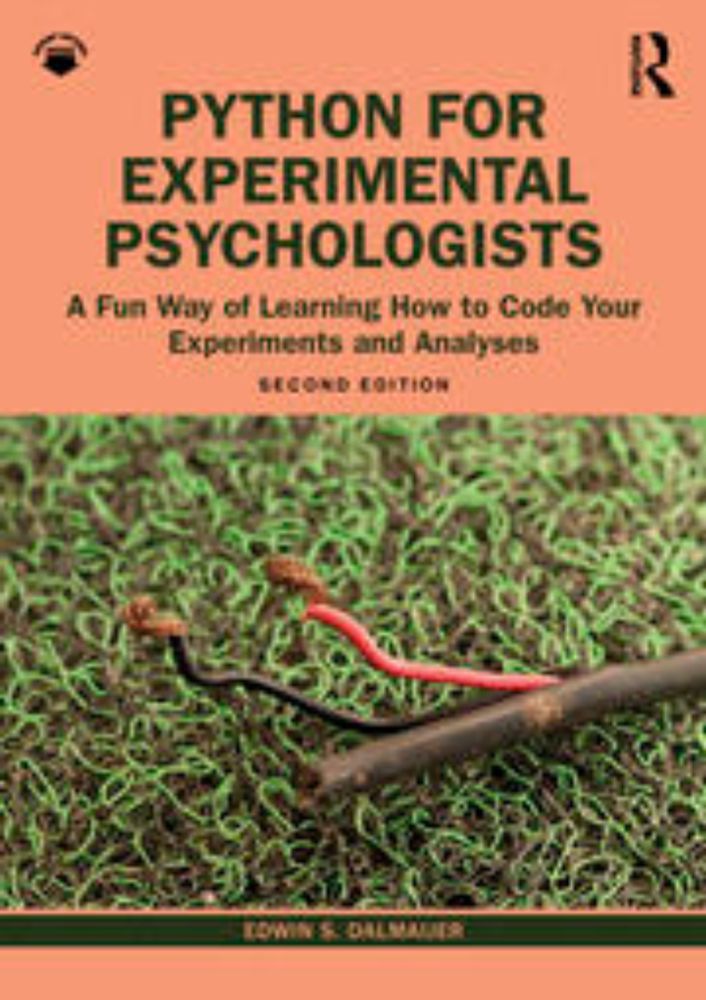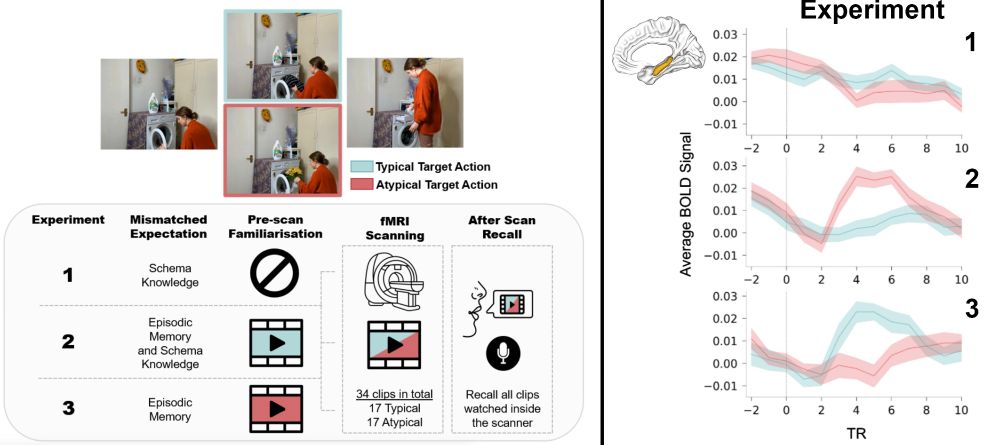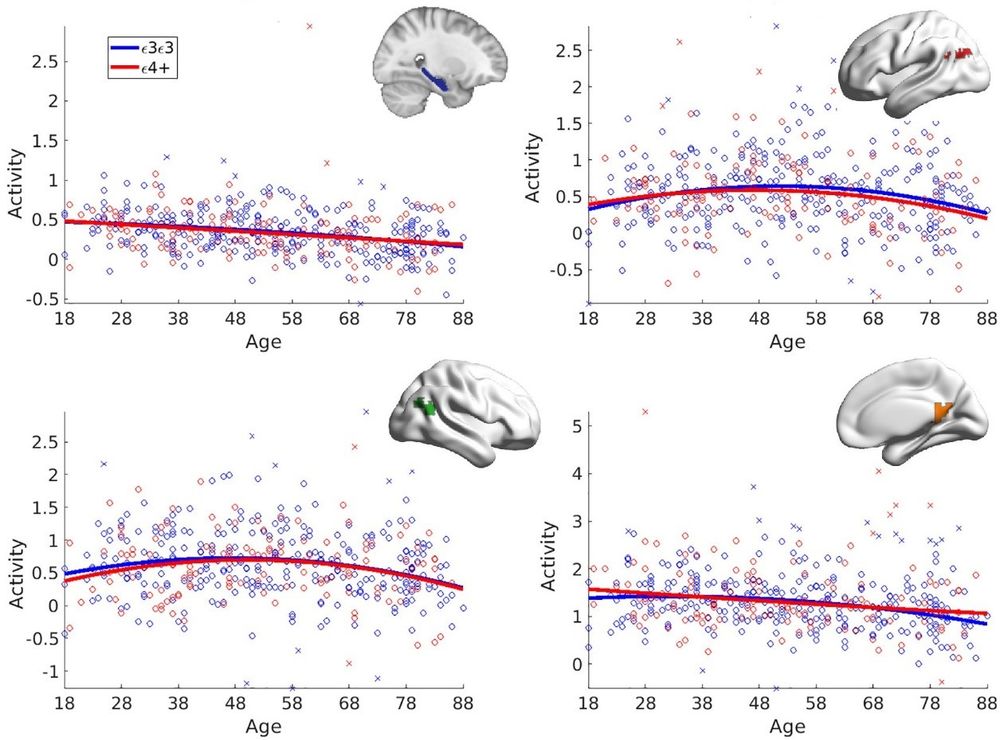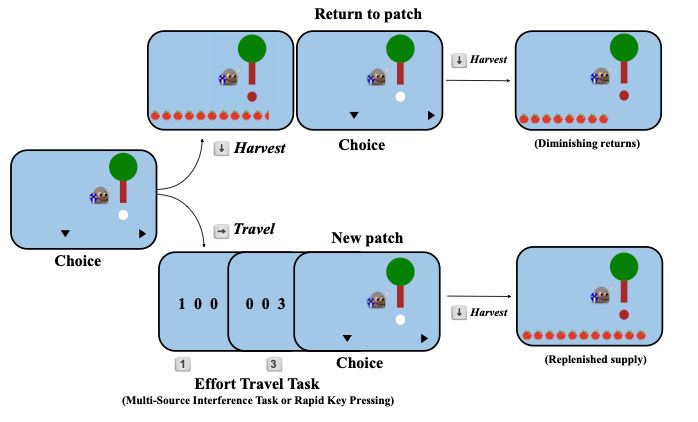Petar Raykov
@praykov.bsky.social
320 followers
88 following
8 posts
Cognitive Neuroscientist interested in memory and aging
https://www.petarraykov.com/
Posts
Media
Videos
Starter Packs
Reposted by Petar Raykov
Dominika Varga
@dkvarga.bsky.social
· Sep 4
Reposted by Petar Raykov
Reposted by Petar Raykov
Petar Raykov
@praykov.bsky.social
· Feb 28
Petar Raykov
@praykov.bsky.social
· Feb 28
Petar Raykov
@praykov.bsky.social
· Feb 28
Reposted by Petar Raykov
Edwin Dalmaijer
@dalmaijer.bsky.social
· Dec 16

Python for Experimental Psychologists: A Fun Way of Learning How to Code Your Experiments and Analyses
Python for Experimental Psychologists equips researchers who have no prior programming experience with the essential knowledge to independently script experiments and analyses in the programming langu...
www.routledge.com
Reposted by Petar Raykov
Reposted by Petar Raykov
Aidan Horner
@aidanhorner.bsky.social
· Mar 27
Theta and alpha oscillations in human hippocampus and medial parietal cortex support the formation of location‐based representations
Hippocampus is an international neuroscience journal exploring the hippocampal formation and its interactions with other brain regions.
onlinelibrary.wiley.com
Reposted by Petar Raykov
Reposted by Petar Raykov
Reposted by Petar Raykov
Norman Lab
@ptoncompmemlab.bsky.social
· Oct 23






